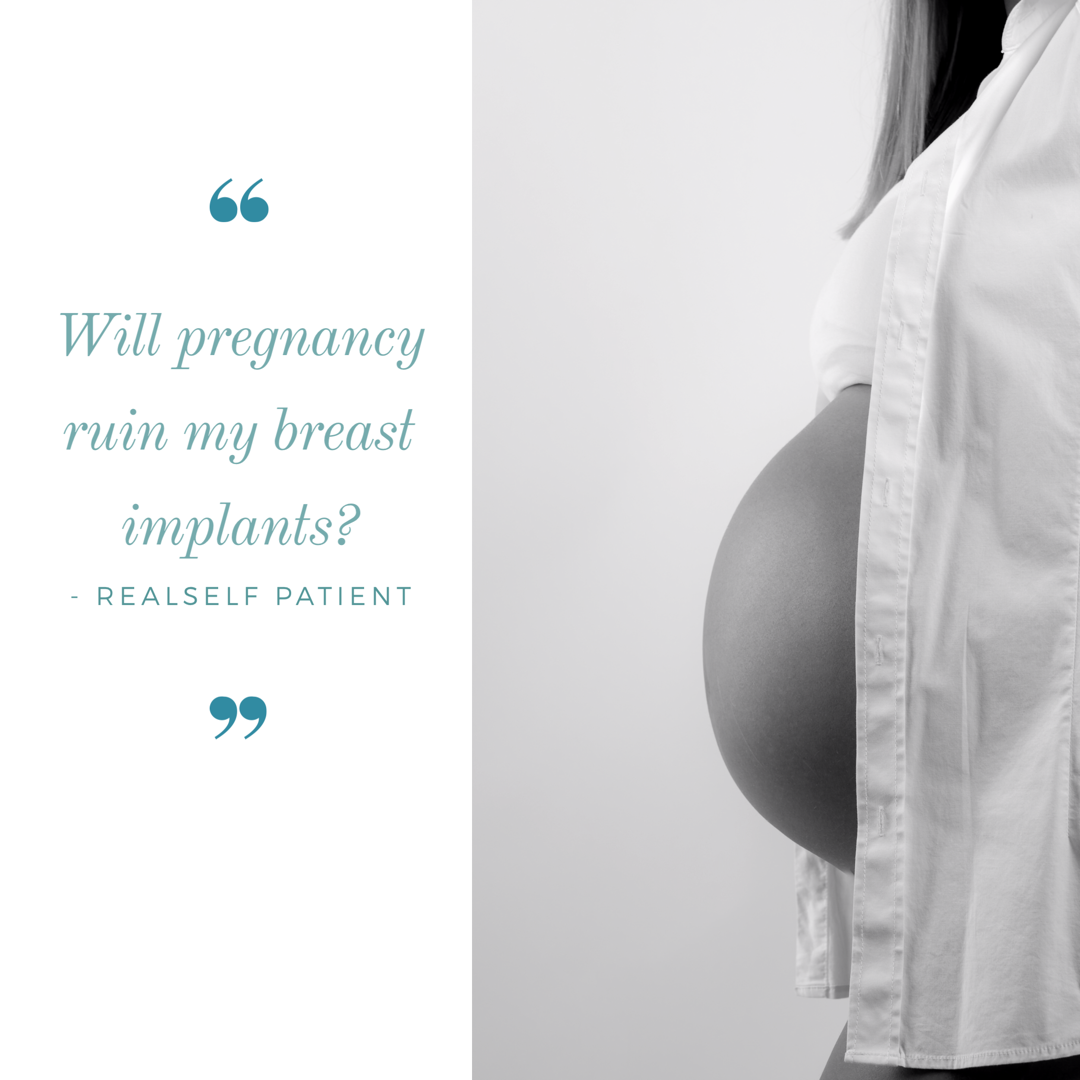Realself Q&A: Will Pregnancy Ruin my Breast Implants?
Dr. Rajagopal's Answer on RealSelf:
When you become pregnant, your breasts go through changes due to the hormonal fluxes in your body—they enlarge, and sometimes change shape. In some rare cases, these changes are permanent, and pregnancy can actually leave you with fuller breasts. Generally, however, these changes are temporary, and last only until you have stopped breast-feeding your baby, after which point your breasts will go back to a smaller size. When this occurs—especially if your breasts changed size significantly during your pregnancy—you may develop stretch marks or lose breast tissue and experience sagging when your breasts return to their former size.
While such changes are obviously not very appealing, breast implants do not really have any bearing on the extent to which sagging or stretch marks will occur. Such side effects can manifest whether or not you have had breast augmentation surgery—across the board, plastic surgeons agree that implants do not tend to cause complications or exacerbate the aftereffects of pregnancy upon your breasts. Stretchmarks, for instance, are genetically linked, so implants will not increase your chances of getting them unless you are already prone to developing them. Furthermore, breast implants should not impair your ability to breast-feed: augmentation surgery can be done without affecting how your milk ducts or nipples function.
The effect that pregnancy has upon the breasts varies from woman to woman, making it difficult to predict exactly how your breasts will look afterward. A number of factors—including your age, your inherent skin quality, whether or not you’re a smoker, and the extent of your breast tissue enlargement—play a part in determining the end results of pregnancy in an individual; you won’t really know what’s going to happen until you are no longer lactating. Keep in mind, however, that what kind of implants you have makes a difference. Subpectoral implants—implants that are underneath the muscle in your chest—are supported and buffered by the muscles surrounding them, so the changes to your breast tissue do not affect them. Subglandular implants, however—implants placed above the muscle in the breasts—rely on the breast tissue itself for support, and so are more likely to fall after pregnancy. On a more positive note, if you are someone who has a particularly tight skin envelope before your pregnancy, the stretching that you’ll experience when your breast size increases may actually be beneficial—it can actually make your breasts look more natural afterward.
If you haven't gotten your breast implants yet and plan to have a baby soon, your doctor may advise you to wait until after your pregnancy to have surgery done, since it’s impossible to know exactly how your breasts will respond to pregnancy until you’re going through it. Also, if you experience extreme changes in breast size during pregnancy and while breast-feeding, you may want to consider getting some work done post-pregnancy if your breasts don’t return to a size and shape you’re happy with. If this occurs, consult with your doctor three to six months after you stop lactating to find out if this is a step you should take.
Dr. Rajagopal is a RealSelf Top Doctor
The RealSelf Top Doctor (TOP) is a recognition awarded to less than 10% of doctors on RealSelf. This status is earned by achieving high patient satisfaction (as reported in RealSelf reviews), getting favorable feedback on their expert answers, and after investing significant time in Q&A and other doctor activity.

